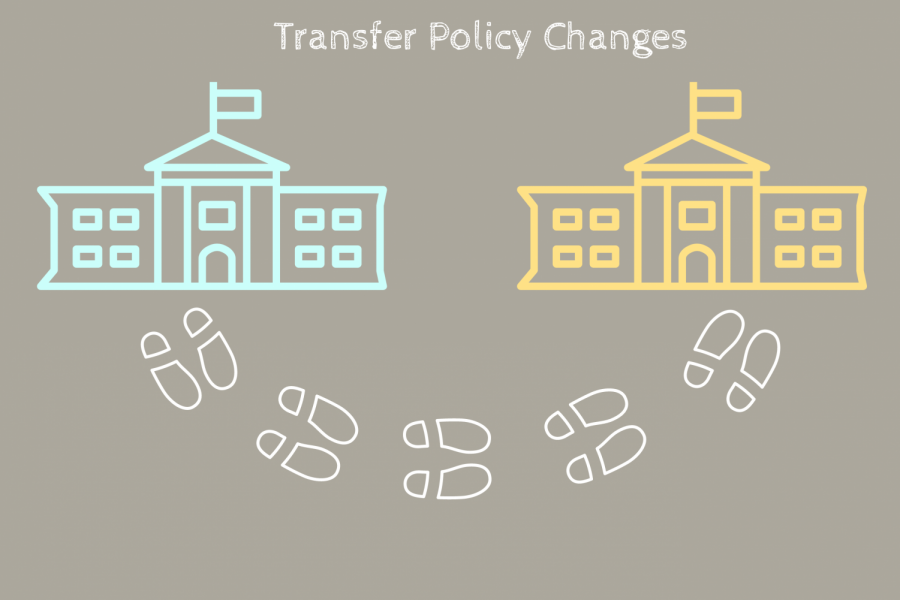MCPS modifies transfer policy, allows students to relocate for mental health
MCPS’ new policy allows students struggling with mental health to transfer schools.
October 28, 2020
The MCPS Board of Education modified the student transfer policy on October 6, clarifying that students may relocate to other schools for mental health related reasons.
The previous policy required students to demonstrate a “unique hardship” to transfer schools, but it wasn’t clear whether or not those guidelines encompassed mental health. Students can now explicitly receive Change of School Assignments “when extenuating circumstances related to their specific physical, mental, or emotional well-being or their family’s individual or personal situation could be mitigated by a change of school environment,” the new policy reads.
“It used to be that a unique hardship was something that wasn’t common to many families,” said Board of Education Policy Committee Chair Patricia O’Neill. “It was a factor that we would consider, but it was not spelled out in our old policy.”
MCPS will also allow students to transfer schools to complete specially-offered courses like a JROTC program, which prepares students for military service and is only offered at five high schools in the county. Additionally, the Board will require eighth graders with COSAs to reapply for their high school transfer orders and will let the children of staff members who work at low-income schools attend the same facility as their parents. The Board approved the latter policy to encourage experienced teachers to take jobs at high-need schools, O’Neill said.
O’Neill added that the changes should mainly benefit students; the policy makes the COSA application process more transparent.
Students can submit COSA applications during the school year ahead of the intended transfer, from February to April. The Board will accept applications submitted after the spring deadline if the student recently moved to Montgomery County or if there is an urgent situation that occurs after the cutoff point.
Whitman resource counselor Kari Wislar said that she is fully supportive of the Board making the mental health clarification, especially since some Whitman students struggle with the school’s rigorous environment.
“We’re a very competitive, high-achieving school, and for some kids, that contributes to an increasing anxiety,” Wislar said. “I can’t believe it’s taken this long for them to consider mental health as an important indicator of a change of school assignment.”
Wislar believes that the coronavirus pandemic and the resulting decline in students’ social engagement may have compounded students’ mental health issues.
“Mental health trumps the academics every day,” she said.
In what many perceive to be a high-pressure learning space, some Whitman students participate in groups that encourage positive mental health practices, like Whitman Wellness. The clarification to the transfer policy will hopefully help students feel like they have options if they’re struggling at school, said Whitman Wellness events coordinator Lila Wohl, a senior.
“Encouraging transfer policies that allow for students to transfer for any reason at all, whether it be anxiety, workload or peer stress, is super important and should be an option for all students,” Wohl said.
Wohl emphasized that students who feel that their school is compromising their mental health shouldn’t be afraid to consider transferring.
“If the school is just not a fit for the student, it is absolutely not a reflection on the student’s capabilities as an intellectual,” she said. “It’s simply just the rigor and the environment that the school provides for them is not a fit, and that’s totally okay.”










